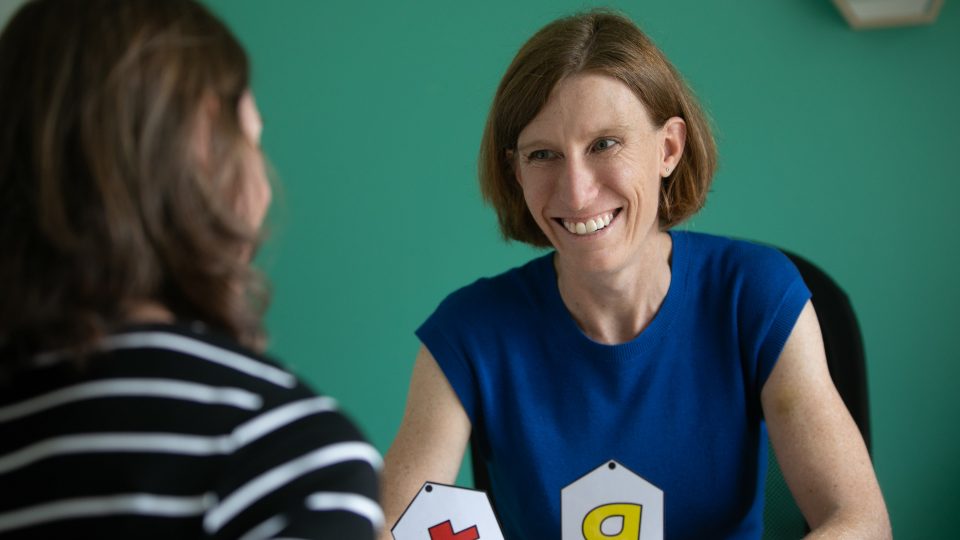
Social communication skills include initiating and maintaining conversations, requesting and providing information. We make judgements about what different people are thinking and feeling and modifying communication for different people and places.
Social language is at the core of communication
Difficulties in Social Language often present as the following, the child
- Does not pick up on other people’s moods / feeling (e.g., may say the wrong thing at the wrong time)
- May not detect or respond appropriately to teasing
- Has difficulty “joining in” and maintaining positive social status in a peer group
- Doesn’t follow jokes, puns, sarcasm, metaphors.
- Takes ambiguous language seriously
- Says the wrong thing at the wrong time in the wrong tone of voice; can’t hold a conversation following normal expectations
- Tuning out to highly verbal, noisy classroom situations.
- Gets left behind in busy classrooms. Incomplete work answers. Doesn’t have the answer to the verbal questions.
- Has difficulty dealing with group pressure, embarrassment, and unexpected challenges
- Has trouble setting realistic social goals
- Has trouble evaluating personal social strength and challenges
- Doubts own abilities and prone to attribute success to luck or outside influences rather than hard work
These may include children have difficulty with:
- Executive Functioning
- Cognitive Flexibility
- Language Skills
- Emotion Regulation
- Social Skills
- Sensory/motor Difficulties
We have experience teaching concepts that help children with High Functioning Autism, Asperger’s Syndrome, Nonverbal learning disability, ADHD and general social and behaviour challenges.
Social Thinking Goals include:
- Reading between the lines
- Learning about our behavior
- Self-monitoring
- Friendships
- Being part of a group
- Understanding and interpreting emotions
- Perspective taking
These specifically address:
- The areas of deficits by explicitly teaching skills that lack
- A framework which teaches components that are required in order to think socially
- Practice through active participation in activities
- Teach perspective taking skills
- Knowing when to talk and when to listen
- Knowing when to be honest and when not to be
- Knowing how to position your body to participate effectively in conversations
- Knowing what questions may be awkward or inappropriate to ask



